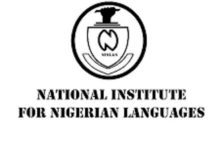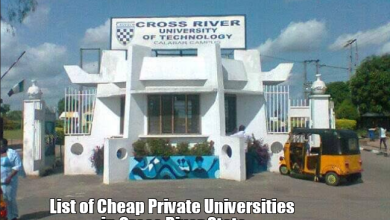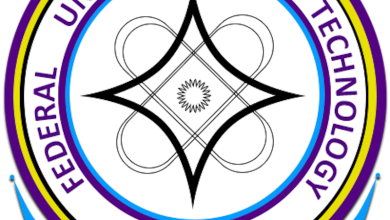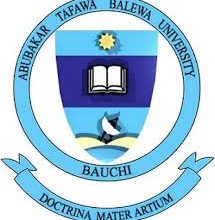List of Nursing Schools in Adamawa State
Nursing education in Adamawa State is regulated by the Nursing and Midwifery Council of Nigeria. To become a registered nurse in Adamawa, you must complete an accredited nursing program and pass the council licensing exam.
The most common path is a 3-year diploma in nursing from an accredited school of nursing. Schools like Adamawa State School of Nursing and College of Nursing in Yola offer diploma programs in nursing. The curriculum covers basic sciences, nursing theory, and clinical practice. Upon graduation, you are eligible to take the council licensing exam to become a registered nurse.
For those interested in more advanced nursing roles, a 4-year Bachelor of Nursing Science (B.N.Sc.) is available at Adamawa State University. The B.N.Sc. The program provides a solid foundation in the sciences and humanities as well as nursing theory and practice. It prepares you for leadership and educator roles in addition to expanding your career opportunities.
Adamawa State University also offers master’s and doctoral degrees in nursing for career progression. A Master of Nursing Science (M.N.Sc.) can prepare you for roles as a nurse practitioner, clinical nurse specialist, or nurse educator. A Doctor of Philosophy (Ph.D.) in Nursing is for those interested in nursing research, education, or administration.
List of Nursing Schools in Adamawa State
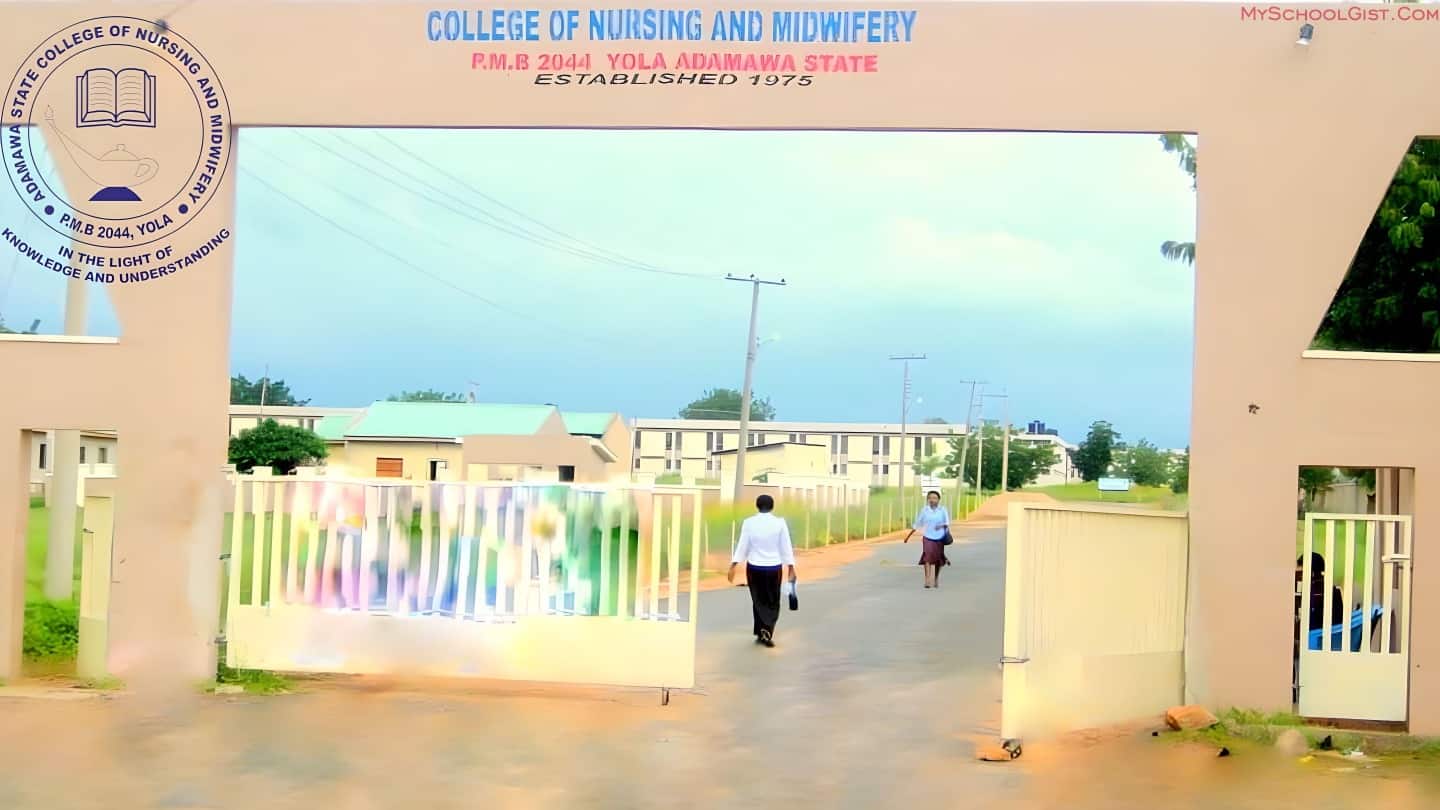
Here are some of the best options:
1. Modibbo Adama University of Technology (MAUTECH)
MAUTECH’s School of Nursing Science offers both bachelor’s and master’s degrees in nursing. Their B.Sc. The nursing program lasts 4 years and prepares you to become a registered nurse. MAUTECH is known for emphasizing hands-on clinical experience at its teaching hospital. They frequently update their curriculum to match international standards.
2. Adamawa State University (ADSU)
ADSU’s Department of Nursing Science provides a B.Sc. Nursing program that takes 4 years to complete. They focus on training students to become competent nurses and midwives. Their curriculum covers areas like adult health nursing, mental health nursing, and community health nursing. ADSU partners with nearby hospitals and healthcare facilities to provide clinical placements for students.
3. School of Post Basic Midwifery Yola
This school offers a 2-year Higher Diploma program in Midwifery for registered nurses. The program provides specialized training in pregnancy, childbirth, and postnatal care. Students get practical experience through clinical rotations at nearby hospitals. The school has a high success rate for its graduates passing the Nursing and Midwifery Council of Nigeria licensing exam.
Admission Requirements for Nursing Programs
To get into a nursing program in Adamawa State, there are a few requirements you’ll need to meet. The specific criteria will depend on the school, but most have similar admission standards.
1. Minimum Academic Requirements
At a minimum, most nursing schools require:
- Senior Secondary School Certificate (WASSCE) or equivalent with a minimum of 5 credits including English Language, Mathematics, Physics, Chemistry and Biology.
- A minimum JAMB score of 180 and above. Some schools may require 200 and above.
- Applicants must be at least 17 years of age.
- Some schools may require a minimum pre-degree grade point average (GPA) of 2.5 or higher.
2. Prerequisite Courses
Some nursing programs require prerequisite courses in areas like:
- Anatomy and Physiology: Provides a foundation in the structure and function of the human body.
- Microbiology: Covers the biology of microorganisms like bacteria, viruses, fungi, and protozoa. Important for infection control and medical microbiology.
- Basic Nursing Skills: Introduces basic skills like taking vital signs, bathing and feeding patients, medical terminology, etc.
- Nutrition: Provides an overview of healthy diets and nutritional requirements for different age groups and medical conditions.
3. Entrance Exam
Most schools require applicants to take and pass an entrance exam, typically the JAMB UTME. Some schools may also require passing scores on additional tests like the Post-UTME screening.
READ ALSO- List of Nursing Schools in Akwa Ibom State
Conclusion
The key is to prepare well for all required exams, meet the minimum scores, and focus on prerequisite courses and admission criteria specific to your target schools. With diligent preparation, you’ll be on your way to a rewarding career in nursing.
FAQs
Here are some of the most frequently asked questions and their answers:
1. What nursing degrees and programs are offered in Adamawa State?
Adamawa State offers several nursing degrees and programs:
- Associate Degree in Nursing (ADN): A 2-3 year program that prepares you to become a registered nurse (RN). ADN programs are offered at many community colleges and nursing schools in Adamawa State.
- Bachelor of Science in Nursing (BSN): A 4-year degree that also prepares you to become an RN. BSN programs provide a more well-rounded education and are offered at many colleges and universities across Adamawa State.
- Accelerated BSN: A faster BSN program, usually 12-18 months, for those who already have a bachelor’s degree in another field.
- Master of Science in Nursing (MSN): For RNs who want to specialize as nurse practitioners, nurse anesthetists, nurse midwives, clinical nurse specialists, or nurse educators. Many schools in Adamawa State offer MSN programs.
2. How much does nursing school cost in Adamawa State?
Nursing school costs can vary significantly depending on the program and school. According to recent estimates:
- ADN programs: Between ₦200,000 to ₦500,000 per year. Total cost around ₦400,000 to ₦1 million.
- BSN programs: Between ₦300,000 to ₦700,000 per year. Total cost around ₦1.2 million to ₦2.8 million.
- Accelerated BSN programs: Around ₦500,000 to ₦1 million per year. Total cost around ₦1 million to ₦2 million.
- Graduate nursing programs (MSN, DNP, PhD): Between ₦500,000 to over ₦1.5 million per year. Total cost can range from ₦1.5 million up to ₦6 million or more depending on the program.


